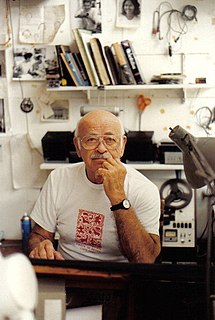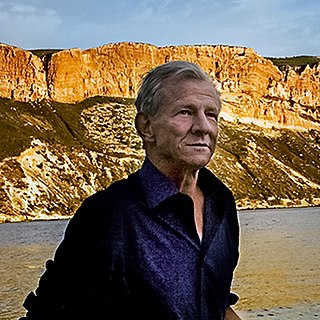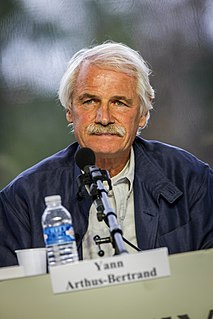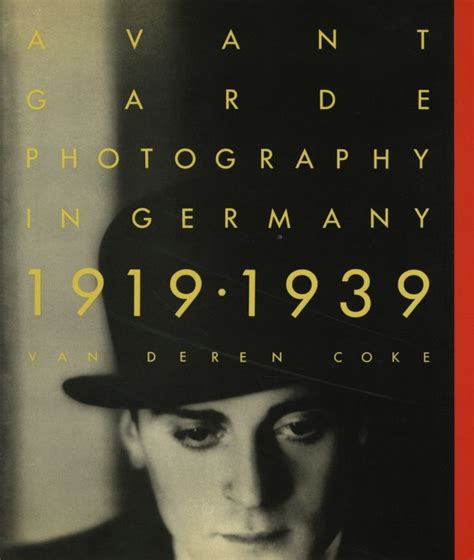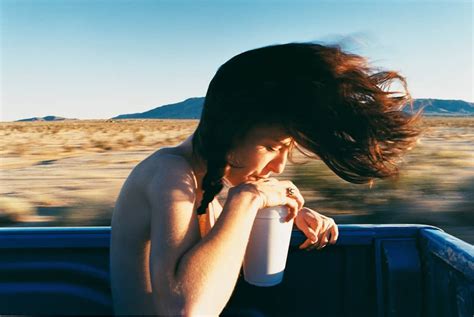A Quote by Sam Abell
When assignments were over, photography continued. One of the primary reasons it did was that I wanted and needed to have fresh work. Also, it's very stimulating to be around non-professional photographers. They're the ones with the purest flame burning about their photography. I appreciate that.
Related Quotes
I don't know that there were any rules for documentary photography. As a matter of fact, I don't think the term was even very precise. So as far as I'm concerned, the kind of photography I did in the FSA was the kind of photography I still do today, because it is based on passionate concern for the human condition. That is the basis of all the work that I do.
Anthropology... has always been highly dependent upon photography... As the use of still photography - and moving pictures - has become increasingly essential as a part of anthropological methods, the need for photographers with a disciplined knowledge of anthropology and for anthropologists with training in photography has increased. We expect that in the near future sophisticated training in photography will be a requirement for all anthropologists. (1962)
I chose makeup over photography because there was something very sensual about makeup that I loved. But photography was always in the back of my mind. That was always something that I was very connected with: looking at magazines, enjoying photography, and then taking pictures myself when I was a kid.
I don't think it's necessary to put your feelings about photography in words. I've read things that photographers have written for exhibitions and so forth about their subjective feelings about photography and mostly I think it's disturbing. I think they're fooling themselves very often. They're just talking, they're not saying anything.
I collect art on a very modest scale. Most of what I have is photography because I just love it and it makes me happy and it looks good in my home. I also have a pretty big collection of art books mainly, again, on photography. A lot of photography monographs, which is great because with photography, the art itself can be reproduced quite well in book form.
Photographers should follow their own judgment, and not the fads and dictates of others. Photography is still a very new medium and everything is allowed and everything should be tried and dared... Photography has no rules. It is not a sport. It is the result which counts, no matter how it was achieved.

